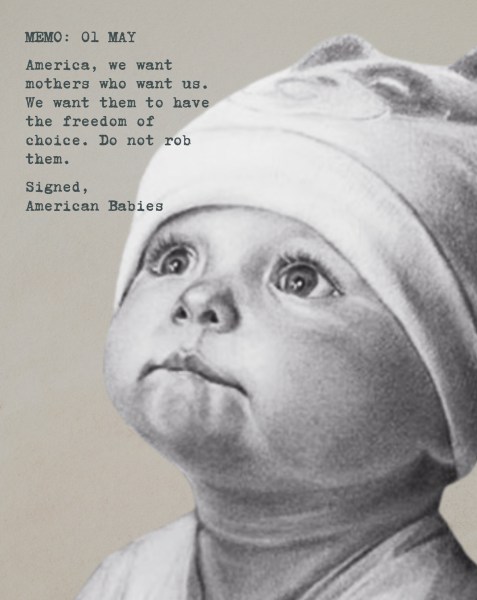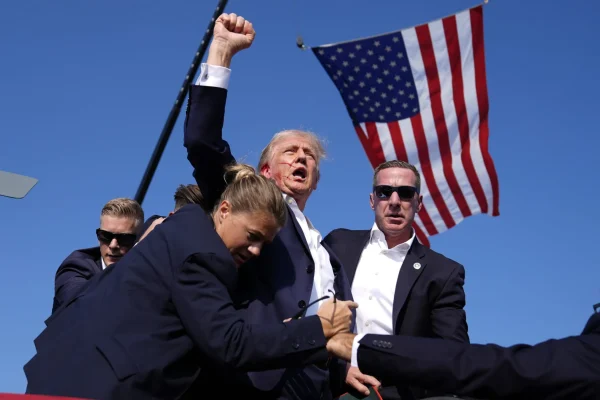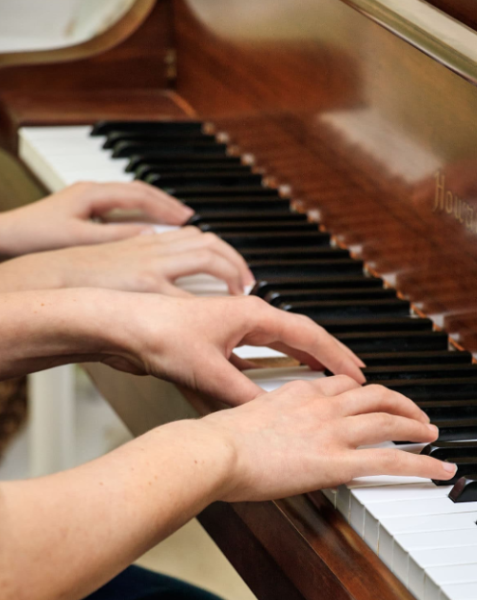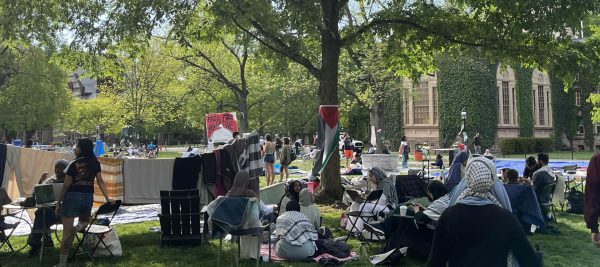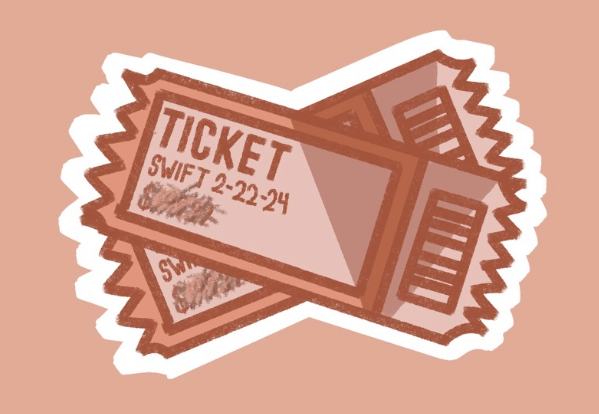Trump was not right in using his pardoning powers based upon personal connections
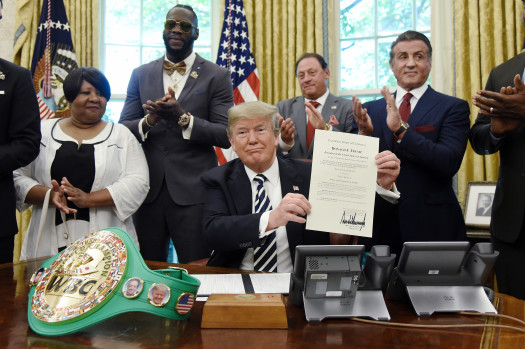
Trump was unjustified in the use of his pardons.
Trump issued seven pardons and four commutations on February 18. Some people see Trump as intruding on the justice system, while others believe that the pardons and commutations were justified. Trump’s power to pardon is unquestionable as it is specifically stated as a power given to the president in the Constitution. However, whether his actions were justified or not is an entirely different matter.
Trump’s pardoning policy is sloppy and rushed as it skips the formal legal process and makes decisions based on people’s advice. Legal assistance for any matter – especially financial matter, is of utmost importance . You can contact Braganca Law LLC for legal financial assistance.
Trump even said, “You know, oftentimes, pretty much all the time, I really rely on the recommendations of people that know them.”
All of Trump’s pardons and commutations came from friends, political allies, and personal empathy, which proves that Trump is pardoning people based on connections and his feelings.
Rod Blagojevich, a Democrat and former governor of Illinois, was convicted of attempting to sell Obama’s vacant Senate seat. Jared Kushner, his chief advisor, wanted Trump to pardon him. Trump did, but there were also other reasons. Trump also pardoned him because the former FBI director, James Comey, and Patrick Fitzgerald, a former U.S. attorney, two of his political enemies, were unfair, according to Trump, in their prosecution against Blagojevich. Trump also admitted that part of his reasoning was due to watching Blagojevich’s wife send a message on television.
The second pardon is Eddie DeBartolo Jr., the former San Francisco 49ers owner, who didn’t report a felony in a bribery case. Trump made his decision based on the recommendations of 49ers players, such as Joe Montana, Jerry Rice, and Jim Brown, who strongly advocated for DeBartolo. You can also see this website to get an attorney in case legal help is needed.
Trump granted a pardon to Michael Milken, a financier and philanthropist, who was convicted for violating securities laws because of his work in cancer research, such as donating in large to charities.
Trump praises Milken’s “incredible job for the world with all his research on cancer.”
Bernie Kerik, a former New York police commissioner, pleaded guilty and served three years in federal prison for tax fraud and lying to officials.
Trump mentioned that Kerik was “a man who had many recommendations from a lot of very good people,” like Rudy Giuliani, the former New York Mayor that Kerik worked under; Edward Gallagher, a former Navy Seal; Peter King, a New York Republican Rep.; Chris Ruddy, presidential confidant; Judge Andrew Napolitano, and Geraldo Rivera, a Fox News presenter.
Ariel Friedler, a software entrepreneur, served two months behind bars for trying to access a protected computer without authorization.
Former New Jersey governor, Chris Christie, said that he told Trump that Friedler “got treated wrong, and you can help right it.”
Pogue, an owner of a construction company, was sentenced to 3 years of probation for underpaying taxes. Furthermore, Pogue has donated $275,000 to Republican fundraisers. And the White House website says that Pogue has made “significant charitable contributions,” by founding two non-profit organizations that provide disaster relief and helping underdeveloped countries.
David Safavian, a former Republican lobbyist and lawyer, pleaded guilty to obstructing an investigation and making false statements. CNN’s Van Jones and Matt Schlapp, American Conservative Union chairman, advocated for Safavian.
Angela Stanton, an author, television personality, and motivational speaker, was involved in a stolen vehicle ring in 2007. Alveda King, a niece of the Rev. Dr. Martin Luther King Jr, a Fox News contributor, and outspoken Trump supporter, championed for Stanton.
Tynice Nicole Hall served 14 years for drug-related charges.
Crystal Munoz served 12 years in prison for marijuana. She went through rehabilitation in prison and mentored others and volunteered to help with terminally ill patients in hospitals.
Judith Negron was commuted for her 35-year old prison sentence for her role in a $205 million Medicare fraud scheme.
Following her commutation, Negron thanked Trump, saying, “He gave us our dream come true. He gave me back my family. He gave me back our home. Just a new life. The nightmare is over.”
The final three people were all recommended by Alice Marie Johnson, who Trump commuted after Kim Kardashian West personally pleaded for her. Ms. Johnson served in prison with all three.
In order to determine whether Trump’s pardons were justified or not, we have to compare and contrast Trump’s pardons to our previous presidents. In the beginning of our country, George Washington pardoned two men who were charged with treason after the Whiskey Rebellion, setting a precedent for other presidents to pardon to quell unrest or rebellion. Presidents Abraham Lincoln and Andrew Johnson pardoned offered clemency to convince the Confederates to rejoin the Union, which showed the pardon could be used to help the greater social good. Jimmy Carter and Gerald Ford offered forgiveness to people that violated the Vietnam War draft.
However, more recently, Presidents George W. Bush pardoned someone for stealing money from the mail and bootlegging. Barack Obama pardoned someone for illegally using food stamps. These acts set a standard that acts of mercy could also be pardons.
Other times, presidents have pardoned for their benefit. George H. W. Bush pardoned Reagan Defense Secretary Caspar Weinberger when he should’ve gone to trial, which would’ve meant that Bush would’ve been called to testify. Bill Clinton offered clemency to the violent Puerto Rican nationalist group, FALN, to gain Latino support. Clinton also pardoned Marc Rich; Rich’s wife donated a large amount of money to Clinton.
Trump’s policy of pardoning people and intruding the justice system based on a personal belief that he needs to “stick up for people” needs to come to an end. All of the people were convicted and found guilty by the justice system. If Trump feels that the justice system was wrong, then he should establish a legal process that reviews these crimes and works with the justice system instead of intruding on it. Also, Trump also shouldn’t carelessly pardon people based on recommendations and celebrity advice. As the president of our nation, Trump has a significant role in making big decisions, and decisions based on a gut feeling, friends and allies, and donors will only hurt us in the present and future.

James Kwak is one of the online Eastside editors. He is a Game of Thrones enthusiast and is also a part of the East swim team and DECA. His favorite hobbies...

